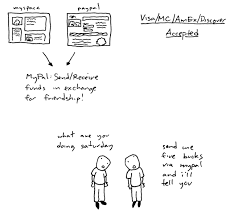
I’ve often been asked the question: how do you become a physicist? Let me first say that physicists, from a fairly early age, are fascinated by the universe and its fantastic wonders. We want to be part of the romantic, exciting adventure to tease apart its mysteries and understand the nature of physical reality.
That’s the driving force behind our lives. We are more interested in black holes and the origin of the universe than with making tons of money and driving flashy cars. We also realize that physics forms the foundation for biology, chemistry, geology, etc. and the wealth of modern civilization. We realize that physicists pioneered the pivotal discoveries of the 20th century which revolutionized the world (e.g. the transistor, the laser, splitting the atom, TV and radio, MRI and PET scans, quantum theory and relativity, unraveling the DNA molecule was done by physicists.
But people often ask the question: do I have to be an Einstein to become a physicist? The answer is NO. Sure, physicists have to be proficient in mathematics, but the main thing is to have that curiosity and drive. One of the greatest physicists of all time, Michael Faraday, started out as a penniless, uneducated apprentice, but he was persistent and creative and then went on to revolutionize modern civilization with electric motors and dynamos. Much of the worlds gross domestic product depends on his work.
/*..main thing is to have that curiosity and drive....*/
ReplyDeleteYep. I'm missing this approach of mainstream science at the case of cold fusion research, for example.